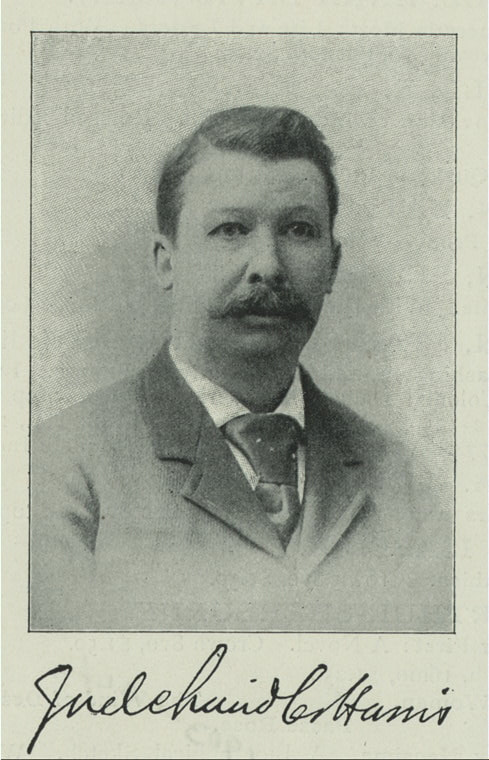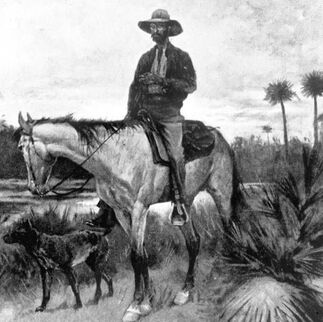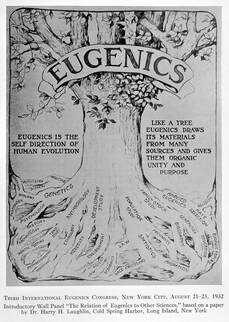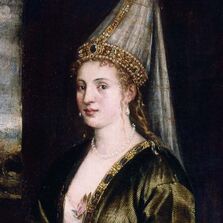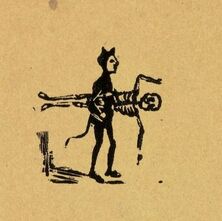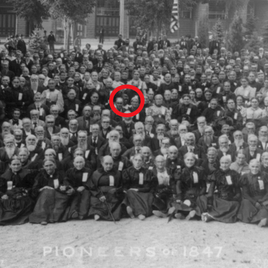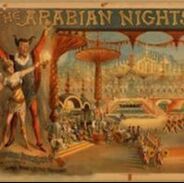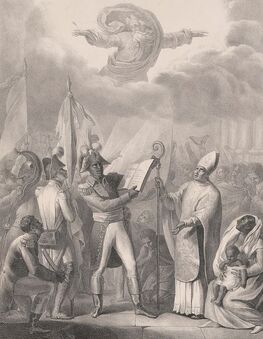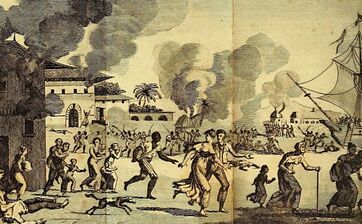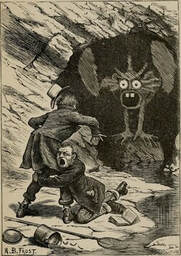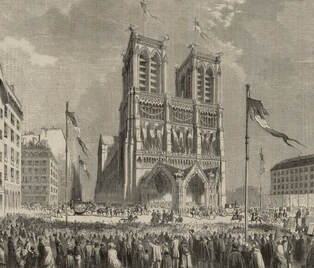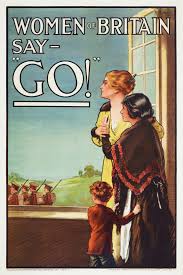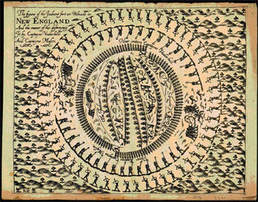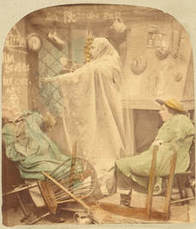0 Comments
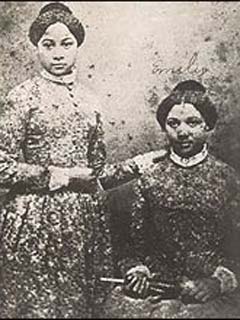 Mary and Emily shortly after being freed in 1848 Mary and Emily shortly after being freed in 1848
Mary and Emily Edmonson were two of the youngest passengers who attempted to escape slavery on the ill-fated Pearl voyage in 1848. Join Elizabeth as she and a descendant of the Edmonson family discuss the role of these young women in not only the escape but also the abolition movement and Reconstruction.
Podcaster: Elizabeth |
Site Map |
© 2013-2024 Footnoting History. All rights reserved.
Footnoting History and the Footnoting History logo
are trademarks of Footnoting History, NY. Footnoting History operates under a SAG-AFTRA Micro-Monetized Podcast Agreement. |



